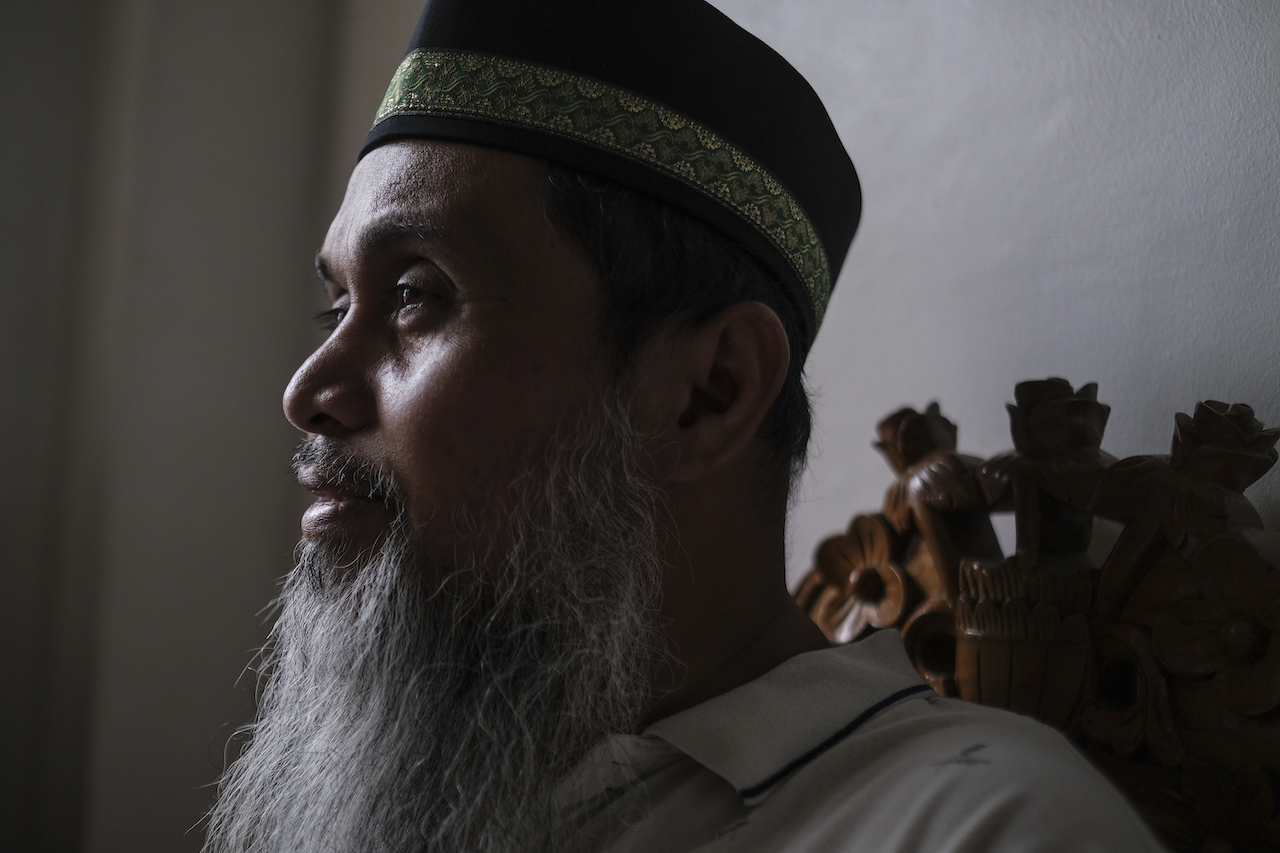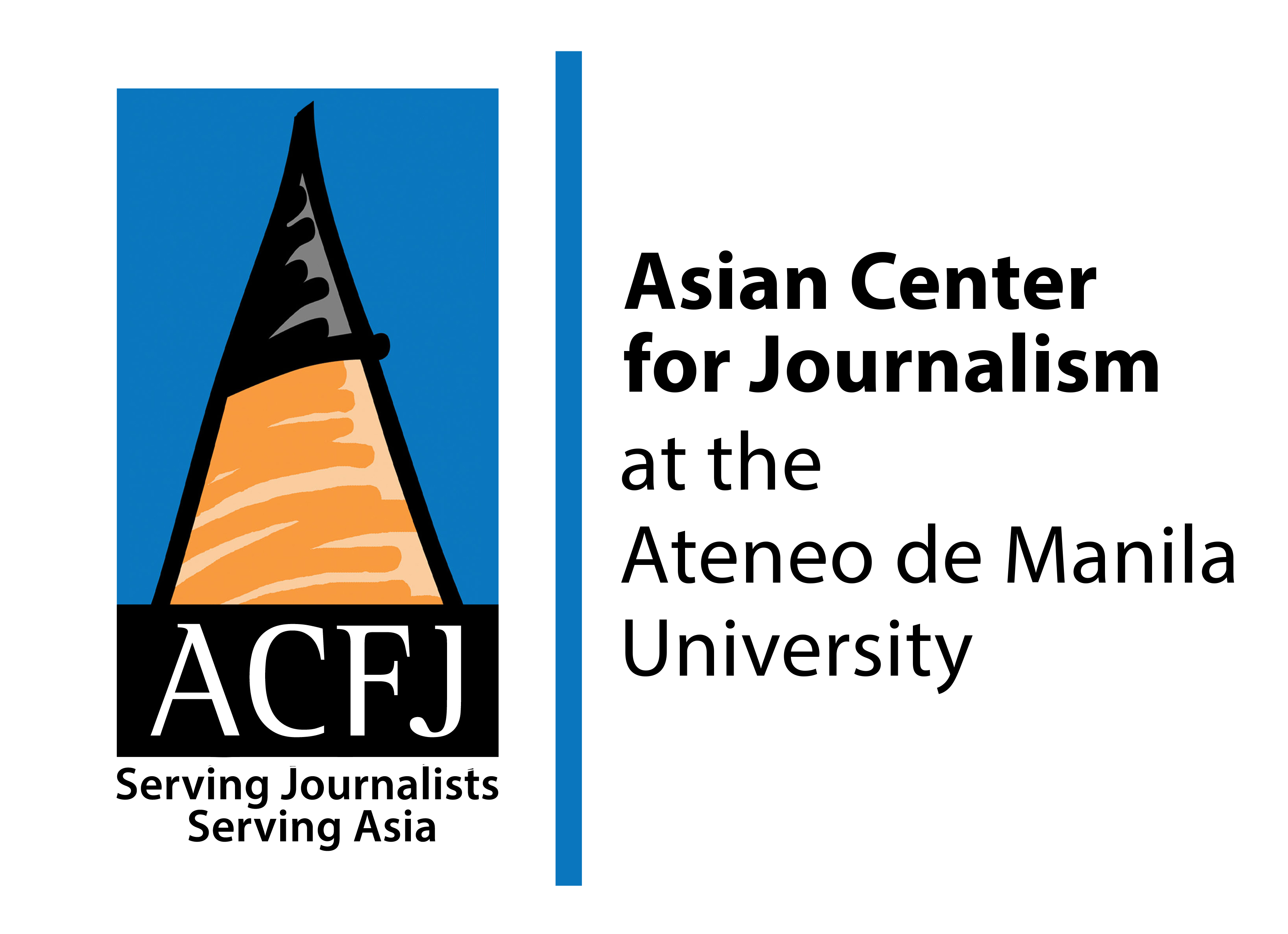Datu Agakhan Sharief | Educator, Negotiator

Pag ang tao naka pag-aral,
nalalaman na niya kung ano yung mali,
ano yung tama.
Every day, hundreds of young women in their varicolored hijabs crowd the classrooms of the Philippine Muslim Teachers College, all eager to learn and eventually share what is sorely lacking in Muslim Mindanao: education.
Every day, hundreds of young women in their varicolored hijabs crowd the classrooms of the Philippine Muslim Teachers College, all eager to learn and eventually share what is sorely lacking in Muslim Mindanao: education.
At the helm of the school is Datu Agakhan Sharief, who inherited from his mother the conviction that education will help solve the problems of the Bangsamoro.
“Naniniwala siya na ang kulang sa aming mga Muslim ay education (She believed that we Muslims lack education), Sharief said. “Pag ang tao naka pag-aral, nalalaman na niya kung ano yung mali, ano yung tama (An educated person will know what is wrong, what is right).
His mother, Dr Norma Mangondato Sharief, was once Commissioner of the Commission on Higher Education of the then Autonomous Region for Muslim Mindanao. She recently retired from managing PMTC and left it in the hands of Agakhan who is PMTC’s acting president.
A few years ago, PMTC had something to celebrate: One of its graduates landed fifth in the 2016 Licensure Examination for Teachers. But the Marawi siege happened in 2017, disrupted the lives of the people of Marawi as well as the operations of schools owned by the Shariefs, including two inside the Most Affected Area.
The Shariefs are feeling the impact of the siege in lower enrolment rates. Still, PMTC continues to play a crucial role for the people of Marawi, Lanao del Sur, and the rest of Muslim Mindanao. Not only is it the second home of some of the region’s future teachers, it is also where leaders of the Moro Islamic Liberation Front or even Abu Sayyaf send their children for tertiary education, because tuition is low and the Shariefs accommodate students from low-income families who can only pay with promissory notes.
Sharief, who is also called Bin Laden for the long beard that reminds people of Osama Bin Laden, is a jovial, unassuming person who easily finds humor in difficult circumstances. When asked what becomes of the thousands of women who have graduated from PMTC, he jokes that some of them end up as salesladies in the stalls of Greenhills in San Juan City where Meranaw communities sell all sorts of items.
He reveals he does run into some of them there and asks them why. “Sir, ang mahal ng item sa atin (Sir, items back home are expensive),” is the reply he often gets. In this case, “item” refers to a government teaching position, and these sorts of items reportedly fetch a hefty price from applicants in these parts. Muslim leaders are to be blamed for this state of affairs, he said, but he will speak no further on this topic.
Sharief could dwell at length, however, on education and on his role as unofficial negotiator during the siege of Marawi of 2017. A politician himself and erstwhile member of the Joint Ceasefire Monitoring Team during the peace talks between the government and the Moro Islamic Liberation Front, he believes taking up arms is futile and tries to convince those who believe otherwise.
Among those he tried to convince were the brothers Omarkhayyam and Abdullah Maute who took over the PMTC building in the early days of the siege in late May 2017. What made them hole up at PMTC was the top of the six-storey building that offered a good view of Amai Pakpak Hospital area, Campo Ranao, home of the Philippine Army’s 103rd Infantry Brigade, and of any approaching forces coming down Sarimanok Ave from the west.
In typical Meranaw fashion of highlighting one’s relations, Sharief traces his links to the Mautes through blood ties to their mother, Farhana. When the brothers took over his school, he summoned her to help convince them to leave. “Tol, pag hindi ka umalis dito, yung bomba ng brigade, tatama sa building ko, sampung bomba lang, wala na. Sige na please umalis ka na (Brother, if you don’t leave, the bombs from the brigade will hit my building. Just 10 bombs and it will be no more. Please leave).” Farhana arrived but by then her sons and their men had left.
Along with other volunteers, Sharief also helped rescue several civilians trapped inside Ground Zero and other parts of Marawi as fighting between government and the Maute/Abu Sayyaf rebels intensified. A year later, the Office of the Presidential Assistance on the Peace Process recognized their service in a ceremony at the Mindanao State University, for which Sharief received a plaque. – Luz Rimban










